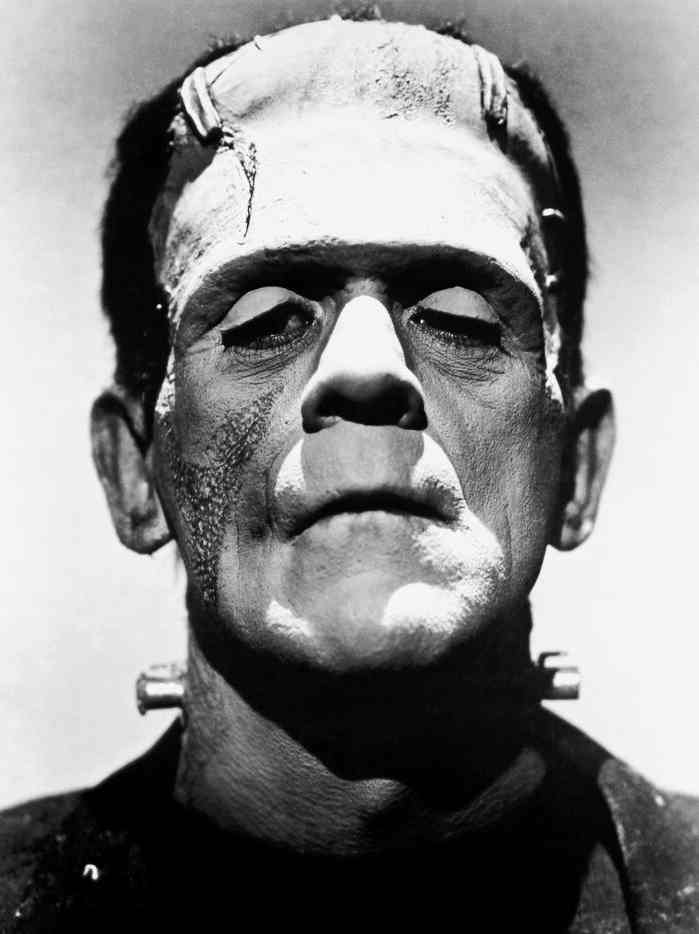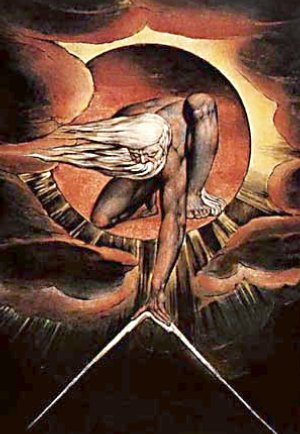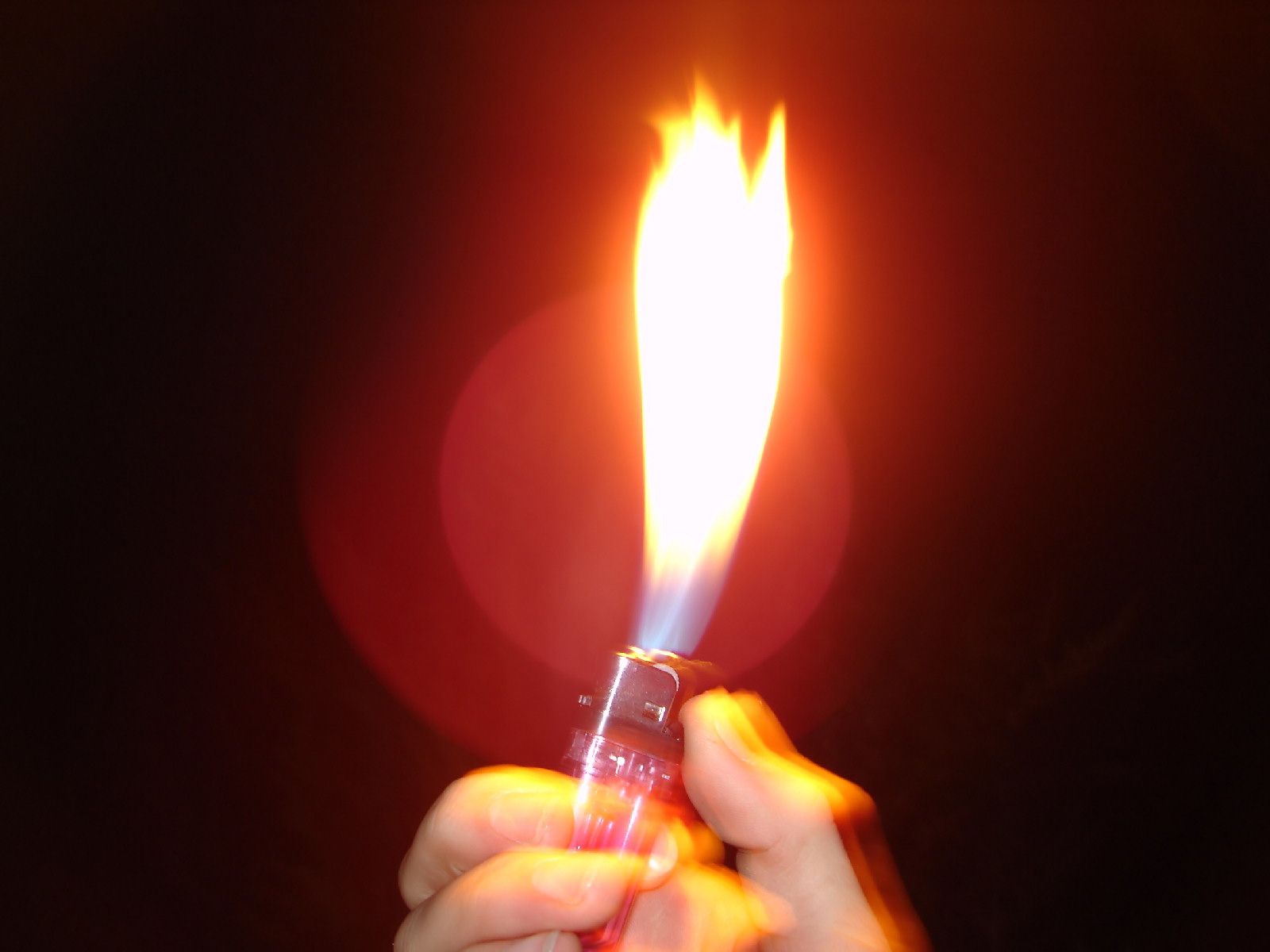Where have all the ghost stories gone?
 I don't really get that into Halloween. Carving pumpkins is fun, and trick or treating is okay for little kids. But I really hate giving candy to the adolescents who show up at my door having put minimal effort into a "costume" consisting of a hoodie and a mask they bought at Spencer's.
I don't really get that into Halloween. Carving pumpkins is fun, and trick or treating is okay for little kids. But I really hate giving candy to the adolescents who show up at my door having put minimal effort into a "costume" consisting of a hoodie and a mask they bought at Spencer's.
And I hate spook houses. Nothing but a cheap trick designed to get girls to grab onto guys who lack the guts to actually make a move. The same goes for horror films---a genre which these days has degenerated into one of two things: 1) a boring, not-scary, not-suspenseful blood fest, or 2) uncreative occult creepiness. It has been many years since we had a horror film that stood on its own two feet for suspense. The common practice now is to use gore or satanism as a crutch for scariness.
But it was not always so. There used to be ghost stories. Most of the great scary stories are folktales too old for authorship. Look at the Brothers Grimm (the real brothers, not that filmic abomoination)---their collection of Germanic folktales isn't all princesses and fairies. In fact, those fairy tales go more to the gothic and the sublime than the picturesque. Washington Irving's Rip Van Winkle, a classic spook tale, drew heavily on this Germanic legacy. So also did Lord Byron when he proposed a ghost-story-telling contest to his guests one dreary Genevan summer. That challenge spawned both the Frankenstein and the Vampire traditions---now Halloween staples. These stories create fantastic worlds of supernatural mystery that ooze the essence of the gothic and the sublime. They are a far cry from the contemporary blood-soaked and gore-splattered plotless excuses that make their perennial appearance on HBO. But before it devolved into that, there was a golden age of horror film. The Wolfman, the Mummy, Frankenstein's monster, and Count Dracula were the golden boys of that golden age. Those films struck a perfect balance between spooky and fun---just spooky enough to make your skin crawl, but not so violent or evil that you feel sick. Most importantly, they had characters and plots. And they had their stars as well. Boris Karloff and Bela Lugosi stood astride the narrow world as two legs of the great campy colossus that was the horror genre. Vincent Price wasn't far behind.
But before it devolved into that, there was a golden age of horror film. The Wolfman, the Mummy, Frankenstein's monster, and Count Dracula were the golden boys of that golden age. Those films struck a perfect balance between spooky and fun---just spooky enough to make your skin crawl, but not so violent or evil that you feel sick. Most importantly, they had characters and plots. And they had their stars as well. Boris Karloff and Bela Lugosi stood astride the narrow world as two legs of the great campy colossus that was the horror genre. Vincent Price wasn't far behind.
Aside from also redefining the music video genre, Michael Jackson's Thriller is also a great tribute to that golden age. Watch the video. It's chock-full of the landmarks of camp: the 50's dress, the convertible, the misty night, the frightened girl, and Jackson's agonized transformation into a were-wolf (although if you ask me, it looks more like a were-cat, which is odd, but somehow fitting). If you pay attention in Thriller, you see Vincent Price's name on the marquee outside the theatre. And yes, that is Vincent Price doing the spoken word incantation that brings the zombies out to dance.
Thriller is a nice tribute. But my favorite is the granddaddy of Halloween horror spoofs, Mel Brooks' Young Frankenstein. Ghostbusters is of course genius, but can that count as a Halloween flic? I'm not so sure. The gothic darkness of Batman jives well with Halloween, I suppose, but I think its safe to say that the Bat fits more squarely in the superhero genre than the Halloween pile. I suppose the two Halloween greats of the 1990s were Interview with the Vampire and Blair Witch, but neither one takes my breath away.
So what are the best Halloween movies of all time? What was the last Halloween movie that wasn't a plotless slasher?






